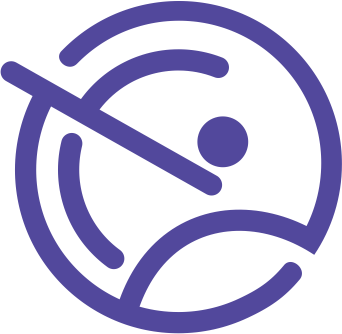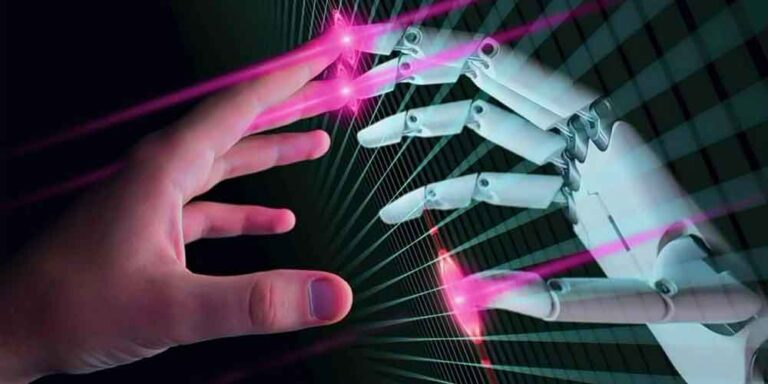In 1967, Jerry Merryman and his team at Texas Instruments built the first handheld calculator. I can imagine the uproar at the time as it spelled doom to the need for slide rules in schools. A few years later, the programmable version was released and a lot of people complained how it would make students lazy and forget the four-figure table.
From Google to ChatGPT
A couple of decades later, Google was launched as a search engine and it seemed the end of research. Today, it is ChatGPT and other large language models (LLMs) that is causing people to worry about the future of education and work.
Following all these developments, one thing has remained constant – we usually realise the need to improve the curriculum to keep up with new tech.
I remember when people started using Google for research, we were told to think like machines. We were taught that Google was not designed to handle complex queries. So we learnt to enter just the right words in order to get the correct results. For complex queries, we learnt to identify the keywords, and that is how search engine optimisation (SEO) was born.
What will learning and working in an era with AI look like?
It is not yet clear what the impact of these LLMs will be long term but as with all revolutionary tech, humans have always been able to evolve in order to adapt, although the present scare with AI is that we as humans might be outpaced.
What I do imagine will happen to humans is that we will need relearn how to learn. We will most likely go back to the basics of learning beyond just preparing students to write thesis and dissertations. We will have to teach our students and teams how to be human. How to reach deep down into their minds and come up with answers rather than aim for success in an environment that rewards the fastest runner. (Runner in this case could be the fastest paper cruncher or the one who completes a set of tasks the fastest).
There is a whole gamut of human qualities but a few of them will be required to succeed in the world of AI, like communication, leadership, creativity, self-awareness, imagination, empathy. These are qualities that the person of this era will need to bring to the table.
When it comes to learning how to communicate, the LLMs are already making us aware of the need to communicate in simpler, more understandable ways using “prompts”, short instructions that are used to elicit responses. With Google in the 90s, these used to be mere keywords, but with these AI models, they need to be unambiguous, detailed, yet concise.
Working in a world of AI will also require us to display more empathy. While a regular bot would churn out pre-programmed responses for a customer’s query, a trained customer service advisor should be able to do more. There should be a difference else we could be playing the imitation game according to Alan Turing.
Creativity will be in high demand because the AI will always require a benchmark for its responses. If not, how would we be able to ask “write me a poem in Shakespeare”?
How about leadership?
Will AI be able to sit in a corner office and marshal out orders for people to follow, probably yes; but what kind of leadership is required for the future, the kind that will be credible, accountable and responsible, balancing the dynamics of power with the knowledge that the lives of future generation of humans are at stake, not just a soul-less machine who is all about the balance sheet and profit.
In a world with AI, we do not need to evolve to be more machine to survive. We will need to slow down and be more human as therein lies our uniqueness.



